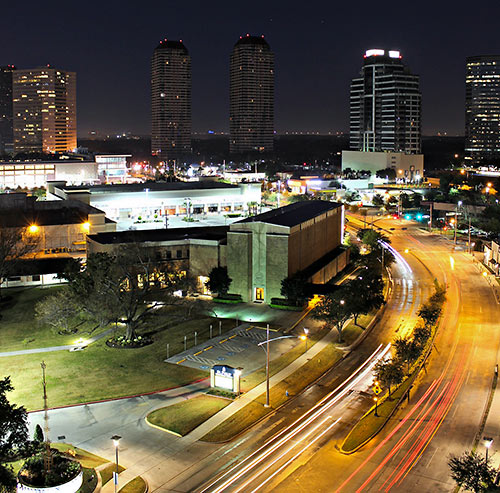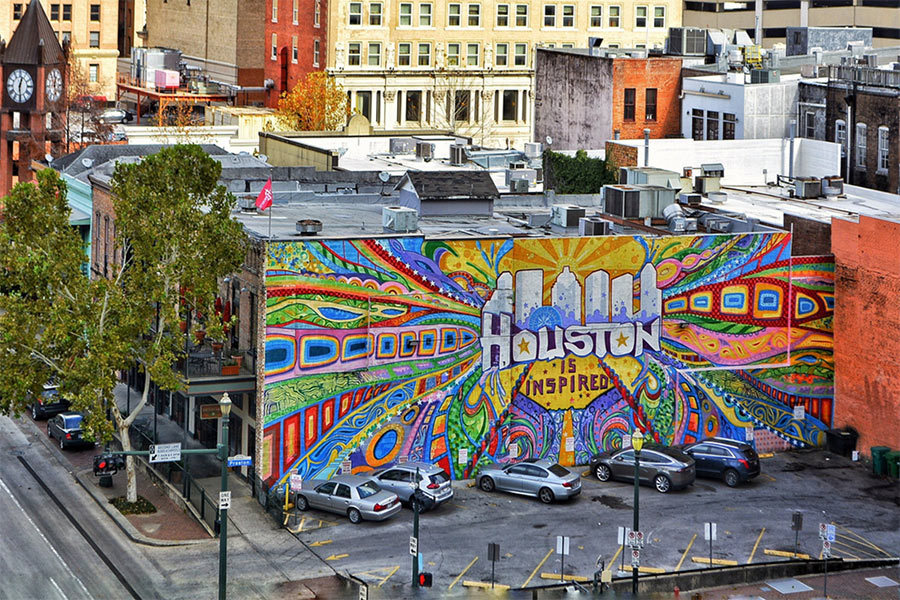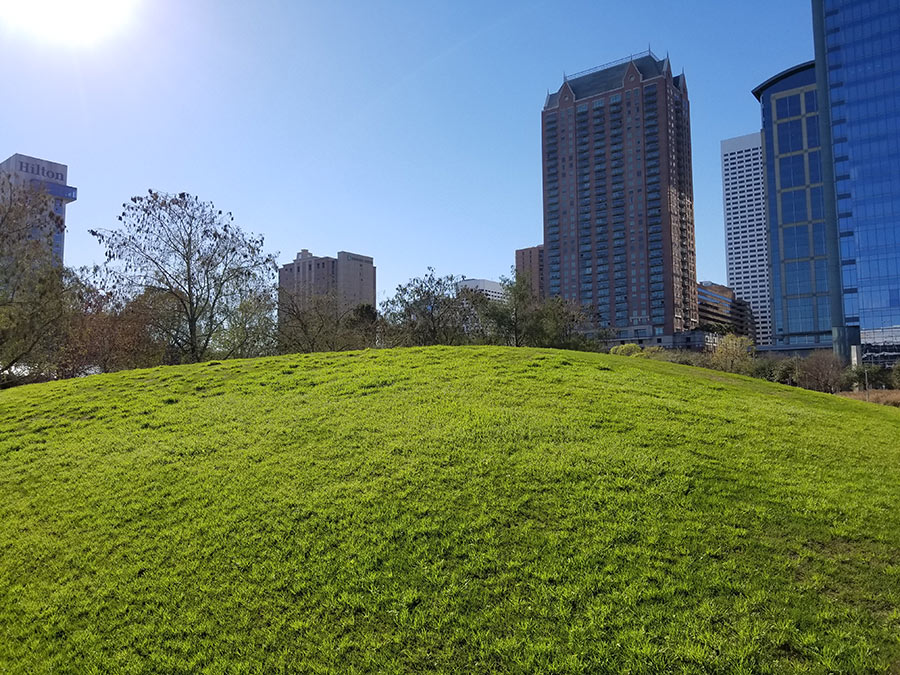
- Vera Bradley, Topshop-Topman Latest Stores Headed to the Galleria [Houston Business Journal]
- Sales of $500K+ Homes Were Up 45% Over Last Year [Houston Chronicle ($)]
- Rebuilding of Ike-Damaged Galveston Public Housing Delayed by Texas Attorney General’s Refusal To Approve Construction Bonds [Houston Chronicle ($)]
- Houston Ranks No. 9 Among Major Metro Areas for Lowest Salary Needed To Buy a Median-Priced Home, Finds Mortgage Website [Prime Property]
- Rice University Taking Over Village Arcade Shopping Center from Weingarten [Houston Chronicle ($)]
- Dozens of Bats Discovered Inside Splendora High School [Click2Houston]
- Project Shows Gentrification of New York City in GIFs [Justin Blinder via Gizmodo]
Photo of San Felipe: Russell Hancock via Swamplot Flickr Pool
Headlines





Galveston is going through a bit of a renaissance in the last couple of years and may actually become a nice place to visit and have a beach home if the trend continues. Rebuilding public housing would certainly be counterproductive, they always attract blight and crime and drag property values down around it. Plus the whole Moral Hazard of having public housing in the first place.
Galveston has a chance of becoming a mix of French Quarter and Daytona Beach if the trend continues.
Rice needs to pedestrianize the hell out of that complex. It kinda sucks now. Death trap to walk through. They could do some wonders to that center.
commonsense, i’m sure the galvestonians really appreciate a houstonite telling them what would make their city better. I can assure that most of them just want you to come down for a day, drop as much money as you can and then don’t come back for a month. If your intention is to turn Galveston into a simple commercialized strip of land like the french quarter or daytona beach then I don’t think your help is wanted. Galveston is a living breathing city with a lof of folks that need much more for a vibrant future than just simply turning it into a tourist trap for the trolls.
regarding Rice, i just wish all the private schools would go ahead and get it over with and buy all the remaining commercial space in the central inner loop.
and I really wonder how much that affordability index matches up with reality. if the average houston family income is just over $40K but we still have a rental rate of 60%, who is buying $180k houses with a $30k income? i know people making six figures in san francisco that would laugh at their ability to afford a house in that area.
From the article that says Houston is cheap:
“Note: The calculations did not factor property taxes, insurance and other expenses, which are a significant part of owning a home.”
The Chronicle should’ve ran with that as a headline and outright mocked the study and other oversimplistic studies like it that are used for marketing purposes.
Hey commonsense, I would shy away from Galveston or for that matter anything in a “coastal county”. There’s too much risk about the Biggert-Waters legislation reducing or eliminating flood insurance subsidies. (A good thing, but perhaps a nail in the coffin for Galveston’s desirability.)
Let’s rebuild section 8 housing on a barrier island that was destroyed by a hurricane. Brilliant!
While the total volume of low-end housing purchases has taken a hit since the financial crisis due to stricter lending standards, y’all might still be surprised at how many new homes under $150,000 are being sold in the “middle ring” of the metro. I’m on the MUD board of one subdivision just inside the Sam Houston Tollway South where new homes (Beazer) were priced under $130,000 and have sold quickly over the last two years – if fact it has built and sold out in the last few months. If buyers are bringing some down payment to the table – and the City has had some rather aggressive assistance in the past (maybe still?) – your income may not have to be that high to qualify.
That said, I think the income and PITI scenario described in the article is pretty unlikely.
@TheNiche, on the contrary, if the flood insurance premium subsidies disappear then monthly prices to own a house on Galveston will spike up and only higher end homes will prosper moving forward because buyers of such can easily afford the insurance. The property prices will rise, taxes for the city will increase, the riff-raff will naturally have to migrate to cheaper areas on the mainland and the local businesses will prosper. It’s a win, win, win.